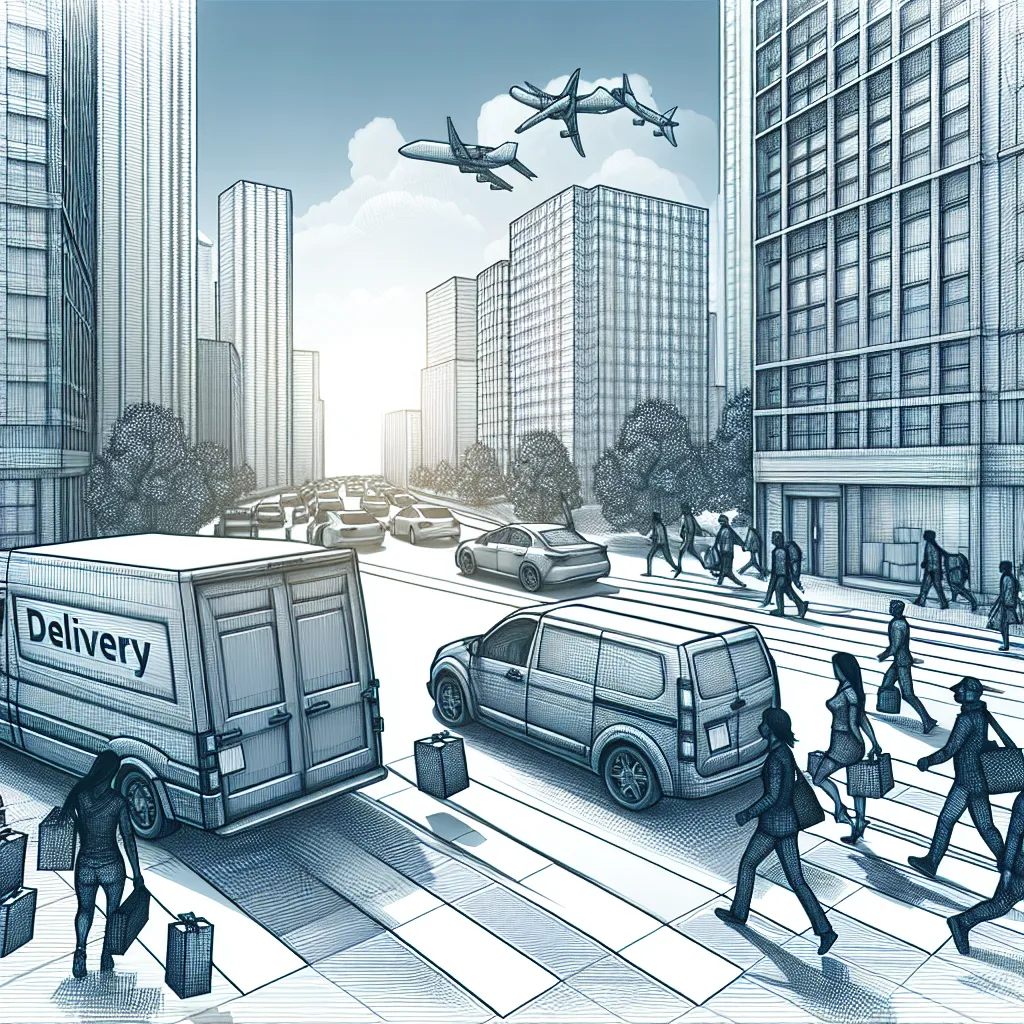The Rise of Delivery Services: Boon or Bane for Small Businesses?
The rise of delivery services has brought both opportunities and challenges for small businesses. On one hand, the convenience of doorstep delivery has expanded the customer base for many small businesses, allowing them to reach new markets and increase sales. This has been particularly beneficial for businesses in the food and retail sectors, as customers increasingly value the option of having products delivered to their homes or offices.
However, the growing dominance of delivery services has also posed challenges for small businesses. Many small establishments struggle to compete with larger corporations that offer their own delivery services or have established partnerships with popular delivery apps. This can result in increased pressure on small businesses to meet the delivery expectations set by larger competitors, as well as the need to invest in delivery infrastructure and resources.
Moreover, the commission fees charged by some delivery platforms can eat into the already slim profit margins of small businesses, leading to concerns about the sustainability of relying heavily on delivery services. It’s important for small businesses to carefully evaluate the costs and benefits of using delivery services and to consider alternative delivery models, such as local partnerships or in-house delivery, to maintain their competitiveness while managing expenses.
In conclusion, while the rise of delivery services offers new opportunities for small businesses to connect with customers and increase sales, it also presents challenges in terms of competition, costs, and sustainability. Small businesses should actively strategize and adapt to the changing delivery landscape to ensure that they can thrive in an increasingly delivery-driven marketplace.
Adapting to the New Normal: Navigating Delivery Services as a Small Business
In the current business landscape, small businesses are increasingly turning to delivery services as a means to adapt to the new normal brought about by the COVID-19 pandemic. The impact of delivery services on small businesses cannot be understated, and as such, navigating this new territory has become a crucial aspect of their operations. Small businesses are now faced with the task of not only incorporating delivery services into their existing operational models but also ensuring the efficiency, reliability, and cost-effectiveness of these services to remain competitive in the market.
Adapting to the new normal involves a strategic approach to integrating delivery services into the day-to-day workings of a small business. This includes investing in technology and infrastructure to support delivery operations, streamlining inventory management processes, and reevaluating supply chain logistics. Moreover, small businesses are also leveraging digital marketing and e-commerce platforms to promote their delivery services and reach a broader customer base.
Furthermore, the shift towards delivery services has prompted small businesses to prioritize aspects such as packaging, branding, and customer experience. The unboxing experience has become a significant touchpoint for consumer satisfaction, and small businesses are capitalizing on this by investing in customized packaging and personalized notes to create a lasting impression. Implementing eco-friendly packaging solutions has also become a focal point as businesses strive to align with the growing environmental consciousness of consumers.
In essence, the adaptation to the new normal involves a multifaceted approach for small businesses as they navigate the realm of delivery services. From operational restructuring to enhancing customer experience, embracing this change is pivotal for their survival and growth in the evolving business landscape.
The Evolution of Small Business Strategies in the Age of Delivery Services
In the age of delivery services, small businesses are experiencing a significant shift in their strategies to adapt to the changing consumer preferences and behaviors. The evolution of small business strategies in response to the rise of delivery services has become a crucial factor in their survival and growth.
Small businesses are increasingly integrating delivery services into their operations to meet the demands of modern consumers who prioritize convenience and efficiency. This shift has prompted small businesses to revamp their traditional approaches and embrace technology to streamline their delivery processes.
Furthermore, the emergence of delivery platforms and apps has provided small businesses with new opportunities to reach a wider customer base and enhance their market presence. By leveraging these platforms, small businesses can extend their reach beyond local boundaries and establish a competitive position in the digital marketplace.
Additionally, the evolution of small business strategies in the age of delivery services involves a renewed focus on customer experience and satisfaction. With the convenience of doorstep delivery becoming a standard expectation, small businesses are redefining their service standards to ensure prompt and reliable deliveries while maintaining product quality.
In conclusion, the impact of delivery services on small businesses has instigated a substantial evolution in their strategies. Adapting to the changing landscape, small businesses are leveraging delivery services and technology to expand their reach, improve customer experiences, and stay competitive in the modern market.




